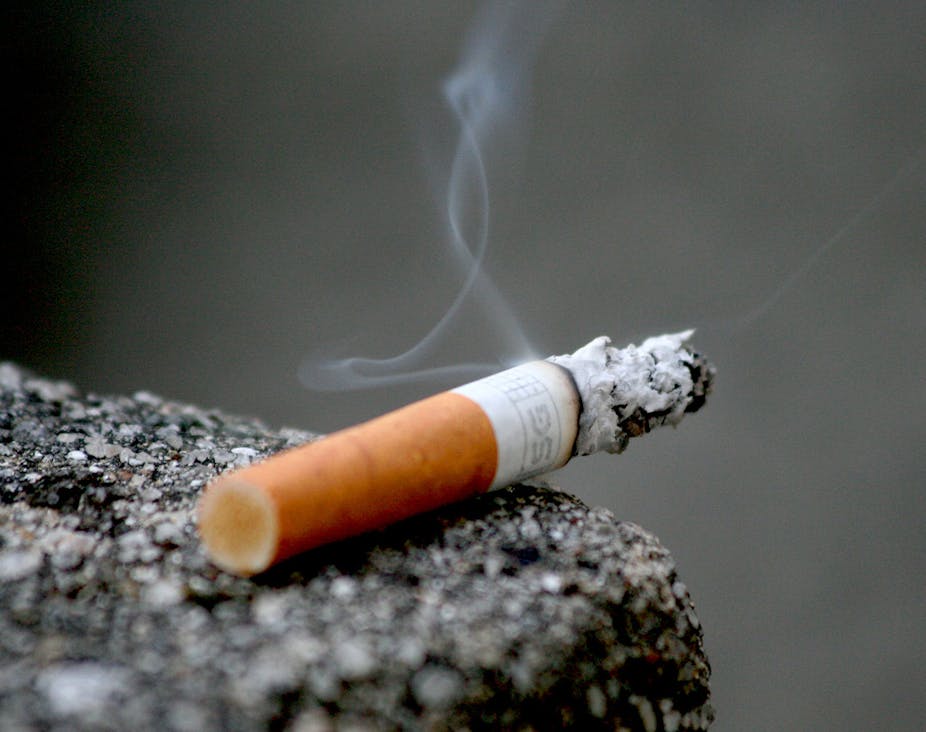Smokers who light up within 30 minutes of waking up are 1.79 times as likely to develop lung cancer as those who have their first cigarette at least an hour after waking up, a study has found.
It’s no secret that those most addicted to cigarettes are the most likely to light up first thing in the morning. However, the authors of the new study hope their findings can be incorporated into quit programs and used “to identify high-risk individuals who would benefit from targeted interventions.”
In a study published in the journal Cancer, U.S. researchers examined data on 4,775 lung cancer cases and 2,835 control subjects, all of whom were regular cigarette smokers.
Those who smoked their first cigarette of the day within 31 to 60 minutes of waking up were 1.31 times more likely to develop lung cancer than those who waited an hour. Smokers who lit up within the first hour of waking were 1.79 times more likely to develop lung cancer than those who waited an hour.
A separate study by the same researchers of 1,055 head and neck cancer cases and 795 controls (all of whom were regular smokers) showed that those who smoked within 31 minutes of waking were 1.59 times more likely to develop head and neck cancer than those who waited at least an hour before lighting up.
Lead researcher, Dr Joshua Muscat from the Penn State College of Medicine said the results were adjusted to take into account the total number of years a person smoked, the number of cigarettes smoked per day and other factors.
“These smokers [who light up first thing in the morning] have higher levels of nicotine and possibly other tobacco toxins in their body, and they may be more addicted than smokers who refrain from smoking for a half hour or more,” said Dr. Muscat.
“It may be a combination of genetic and personal factors that cause a higher dependence to nicotine.”
Professor Simon Chapman, Professor of Public Health at University of Sydney, said time-to-first-cigarette has long been the main measure of strength of addiction.
“So all this study may be saying is that those most addicted (who tend to smoke more and more intensively) are most are most at risk for later disease,” said Professor Chapman, who was not involved in the studies.

